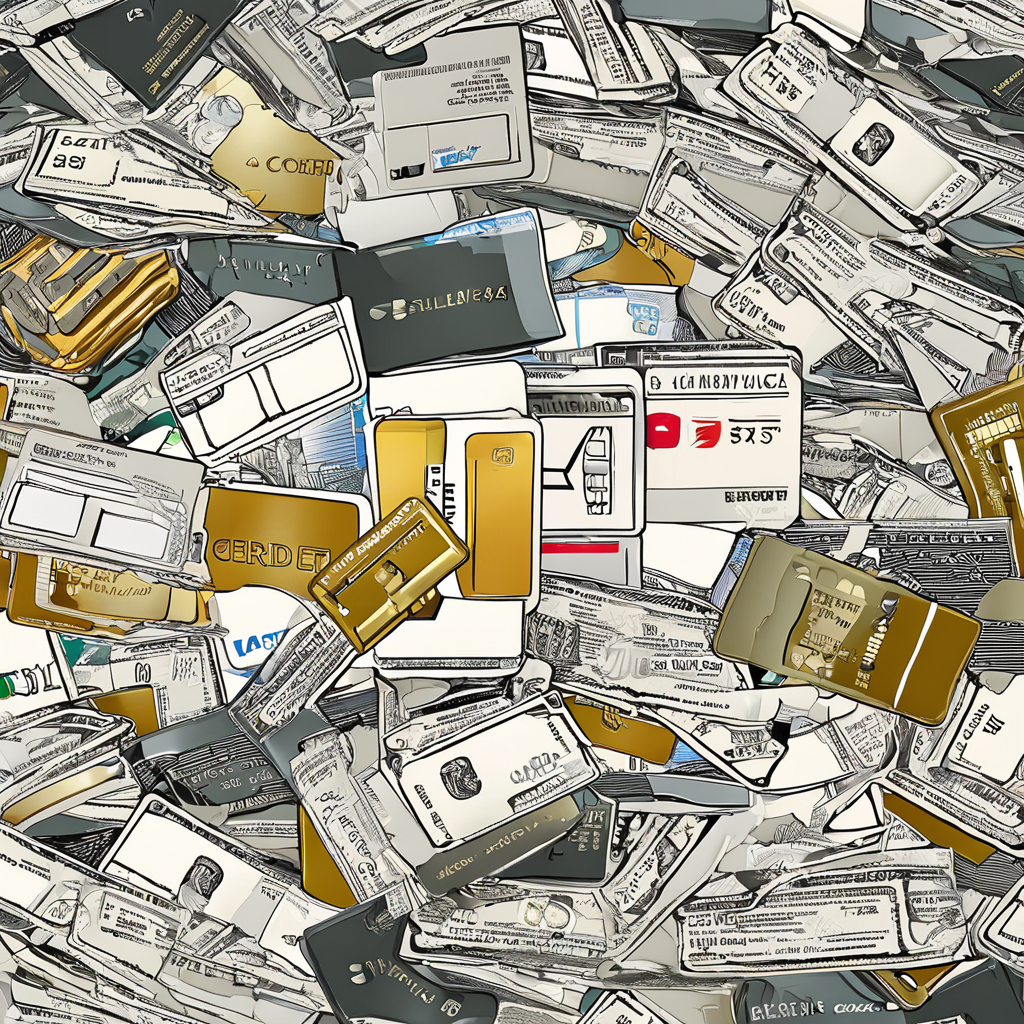Credit card debt relief is a topic that affects millions of people worldwide, leading to stress and financial burden. Many individuals find themselves struggling to make minimum payments, facing high interest rates, and feeling trapped in a cycle of debt. However, there are strategies and options available to help alleviate the burden of credit card debt and work towards financial freedom.
One of the first steps in tackling credit card debt is to assess the full extent of the debt. This involves gathering all credit card statements, noting the outstanding balances, interest rates, and minimum payments required. By having a clear understanding of the total debt amount, individuals can create a realistic plan to address it effectively.
Consolidating credit card debt is a common strategy that can help simplify payments and potentially lower interest rates. This involves combining multiple credit card balances into a single loan or credit card with a lower interest rate. By consolidating debt, individuals can streamline their payments and potentially save money on interest charges over time.
Negotiating with credit card companies is another approach to consider when seeking debt relief. Many credit card companies are willing to work with individuals facing financial hardship by offering lower interest rates, waiving fees, or establishing a repayment plan. By communicating openly with creditors, individuals may be able to find a solution that is more manageable for their financial situation.
Seeking assistance from a reputable credit counseling agency can also be beneficial for individuals struggling with credit card debt. Credit counselors can provide guidance on budgeting, debt management strategies, and negotiating with creditors. These professionals can offer personalized advice and support to help individuals regain control of their finances.
For individuals facing significant credit card debt, debt settlement may be an option to explore. Debt settlement involves negotiating with creditors to settle the debt for less than the full amount owed. While debt settlement can provide relief from overwhelming debt, it may have implications for credit scores and tax liabilities.
Bankruptcy is a last resort option for individuals overwhelmed by credit card debt and unable to find a feasible solution through other means. Filing for bankruptcy can provide a fresh start by discharging certain debts, including credit card debt. However, bankruptcy has long-term consequences and should be carefully considered after exploring all other options.
Creating a realistic budget and cutting expenses can help individuals free up funds to put towards paying off credit card debt. By identifying areas where expenses can be reduced, individuals can allocate more money towards debt repayment, accelerating the journey towards financial freedom.
Exploring alternative sources of income, such as taking on a part-time job or freelance work, can also provide additional funds to pay off credit card debt. Generating extra income can help individuals make larger payments towards their debt and expedite the process of becoming debt-free.
Staying committed to a debt repayment plan and avoiding accumulating new debt is crucial for long-term financial success. By maintaining discipline and prioritizing debt repayment, individuals can gradually reduce their credit card balances and work towards achieving financial stability.
In conclusion, addressing credit card debt requires a proactive approach, careful planning, and discipline. By exploring various strategies such as debt consolidation, negotiation, credit counseling, and budgeting, individuals can take steps towards alleviating the burden of credit card debt and achieving financial well-being. Remember, seeking help and staying focused on the goal of debt relief can lead to a brighter financial future.
